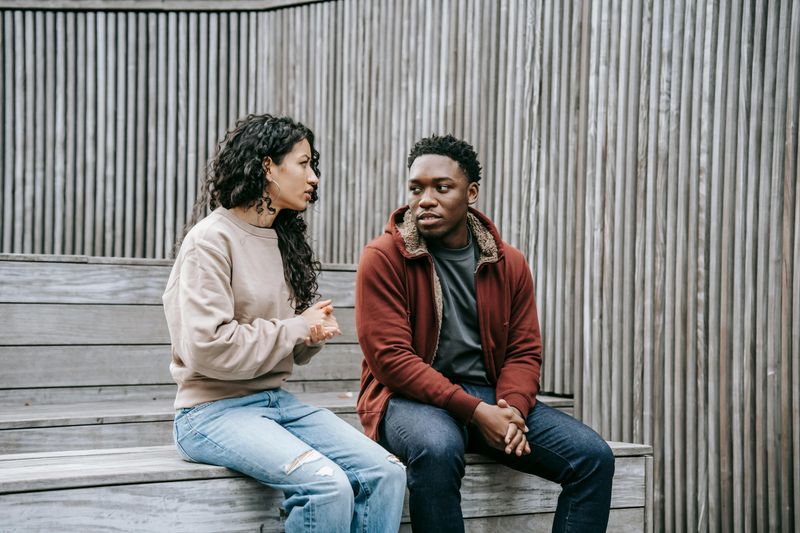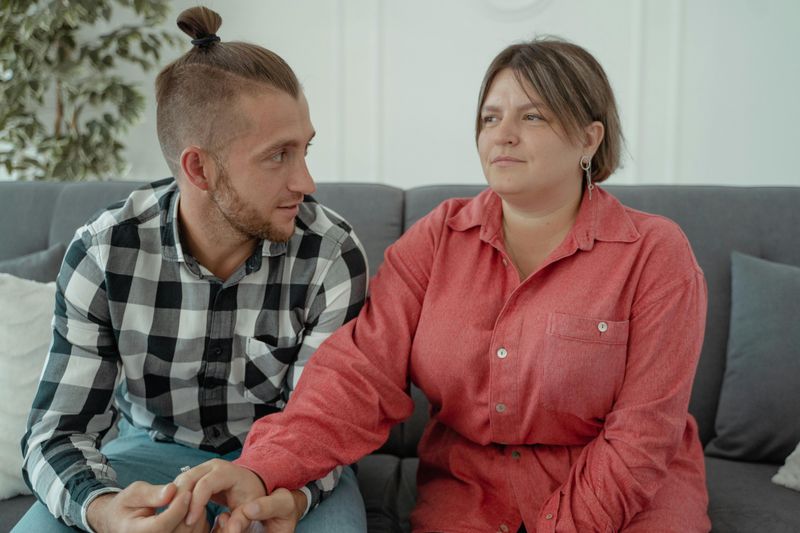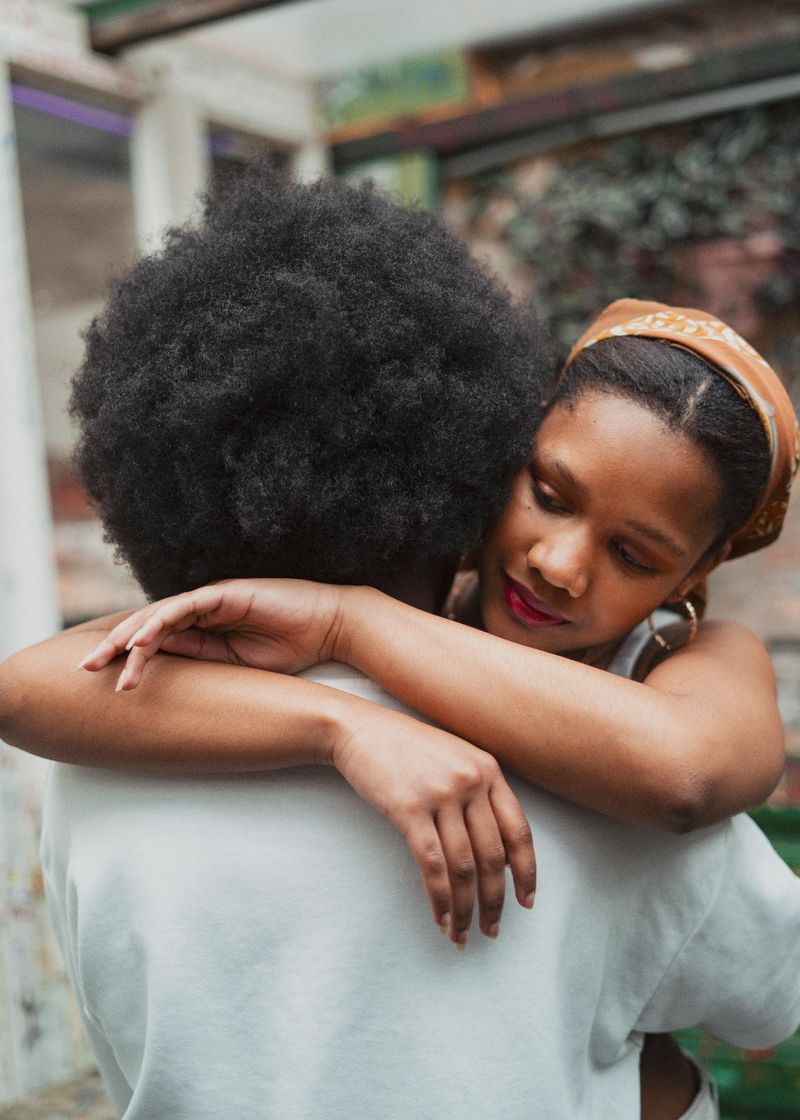9 Things About Forgiveness Everyone Should Know Before Falling in Love

When we talk about love, we often focus on the butterflies and romance, but rarely on the healing power of forgiveness. Learning to forgive is actually one of the most important skills you’ll need for a healthy relationship. Before you dive headfirst into love, understanding how forgiveness works can save you from unnecessary heartache and build stronger connections. Here’s what you should know about forgiveness before opening your heart to someone special.
1. Forgiveness Boosts Your Health

Holding onto anger is like drinking poison and expecting the other person to get sick. When you forgive, your body actually thanks you! Your stress hormones drop, your blood pressure goes down, and even your immune system works better.
People who practice forgiveness regularly report less anxiety and depression. This makes sense when you think about it – carrying around resentment is exhausting work! Your brain gets stuck in negative thought loops when you hold grudges.
Entering a relationship with this knowledge helps you prioritize forgiveness not just for your partner’s sake, but for your own wellbeing too. Healthy you equals healthy love!
2. Forgiving Doesn’t Mean Approving Bad Behavior

Many folks avoid forgiveness because they think it means saying, “What you did was okay.” Not true! Forgiveness simply means you’re choosing to release the emotional burden of anger and resentment. You can absolutely forgive someone while still acknowledging they were wrong.
Think of forgiveness as cutting yourself free from an anchor that’s dragging you down. The other person might never even know you’ve forgiven them, because it’s something that happens inside you.
Understanding this distinction prevents the common relationship trap of thinking forgiveness equals permission for future mistreatment. You can forgive and still maintain healthy boundaries!
3. Grudges Erode Trust Like Rust on Metal

Ever notice how old cars eventually develop rust spots that spread and weaken the metal? Unforgiveness works exactly the same way in relationships. One small grudge creates a weak spot that gradually spreads until the whole connection feels unstable.
When resentment builds up, even small disagreements become ammunition for old battles. “Remember when you did that thing three years ago?” becomes a weapon rather than a path to resolution. The cycle continues until genuine trust becomes impossible.
Learning to forgive breaks this pattern before it starts. Clear the air quickly rather than collecting grievances, and you’ll build a foundation sturdy enough to support real love.
4. Context Makes Forgiveness Easier

“He’s just mean” feels different from “He snapped because he hasn’t slept in three days while caring for his sick mom.” Understanding the why behind someone’s actions doesn’t excuse them, but it sure makes forgiveness more natural!
When someone hurts you, pause before jumping to the worst conclusion. Most people aren’t villains – they’re just humans dealing with their own struggles. Maybe they’re carrying grief, facing health problems, or wrestling with past trauma you know nothing about.
Bringing this perspective into relationships helps you respond with compassion rather than immediate judgment. You’ll find yourself naturally more forgiving when you remember everyone’s fighting invisible battles.
5. Raw Emotions Block True Forgiveness

“I forgive you” spoken through gritted teeth and clenched fists isn’t really forgiveness – it’s just words. Genuine forgiveness can’t happen while you’re still drowning in anger, hurt, or sadness. Those emotions need processing first.
Imagine trying to clean a cut while it’s still bleeding heavily. You need to apply pressure and stop the bleeding before cleaning becomes effective. Similarly, emotional wounds need initial care before forgiveness can truly begin.
Taking time to work through your feelings doesn’t mean you’re unforgiving – it means you’re doing forgiveness right! In relationships, this honesty prevents the fake forgiveness that leads to recurring arguments about the same issues.
6. True Forgiveness Doesn’t Require an Apology

Waiting for someone to say “I’m sorry” before you forgive them is like letting them hold the key to your emotional freedom. What happens if that apology never comes? You stay locked in resentment forever!
Real forgiveness happens inside your heart and mind, completely independent of the other person’s actions. Sometimes the person who hurt you doesn’t recognize the damage, can’t face their actions, or isn’t even in your life anymore.
Learning this before falling in love is powerful. It means you’ll never be emotionally hostage to another person’s willingness to apologize. You can process, heal, and move forward on your own timeline – a true superpower in relationships!
7. Self-Forgiveness Creates Space for Love

We’re often our own harshest critics! The voice in your head probably says things you’d never dream of saying to someone you care about. This inner critic makes it tough to believe you deserve love when you’re constantly beating yourself up.
Learning to forgive yourself for mistakes, flaws, and bad decisions clears away shame that blocks connection. It’s like finally putting down a heavy backpack you’ve been carrying – suddenly there’s space for something new and beautiful.
Self-forgiveness practice might look like speaking to yourself with the same kindness you’d offer a friend. This gentle self-compassion becomes the foundation for accepting love from others.
8. Forgiveness Builds Relationship Muscles

The first time you try to forgive a significant hurt, it feels nearly impossible. But like building physical strength, your forgiveness muscles develop with practice. Start with small grievances, and gradually you’ll handle bigger challenges with less effort.
Couples who master forgiveness develop emotional resilience that helps them weather life’s inevitable storms. Instead of each conflict threatening the relationship, they develop confidence in their ability to work through almost anything together.
This skill doesn’t just help your current relationship – it transforms all your connections. Friends, family, and colleagues all benefit from your growing ability to process hurt and move forward without harboring resentment.
9. You Can Forgive Without Reconciling

Here’s a game-changer: forgiveness and reconciliation are completely different things! You can fully forgive someone without letting them back into your life or continuing a relationship that’s harmful to you.
Forgiveness is about your internal healing. Reconciliation is about rebuilding a relationship, which requires trust, changed behavior, and mutual effort. Sometimes the healthiest choice is to forgive someone from a distance while maintaining boundaries that protect you.
This distinction prevents the dangerous belief that forgiveness means tolerating mistreatment. True love should never require sacrificing your safety or wellbeing. The freedom to forgive without obligation to reconcile empowers healthier relationship choices.

Comments
Loading…